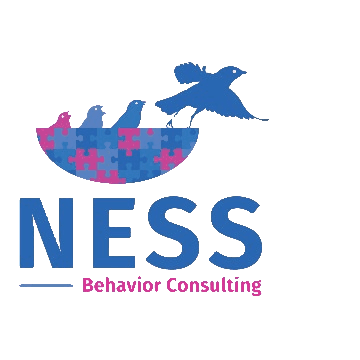Being the Autism Mom
- Shelly

- Dec 30, 2022
- 4 min read
Updated: Jan 12, 2023
Beat the Stigma

They are having Autism as an adult comes with a whole set stigmas and demonizing labels. Unfortunately, this can only get worse for Autistic adults who go on to have Autistic children.
The evidence seems to suggest that there is a hereditary component to Autism. Because of this, people with ASD (Autism Spectrum Disorder) are more likely than others to have Autistic children. The stigma of being an Autism parent is only exacerbated when that parent is a woman.
Autistic mothers have long been the target of blame for their own children’s diagnoses. But it’s not only popular culture and the postulations of laymen that lead to this misconception: this myth has long been promoted by male academics. These academics are responsible for promoting the idea that mothers of Autistic children caused their Autism due to fitting the unflattering, derogatory trope of the ‘Refrigerator Mom.’
What is a ‘Refrigerator Mom’?
In short, it’s a misogynistic trope wrapped in an ableist trope. Here’s a quick history lesson:
Sigmund Freud promoted the idea that experiences in early childhood lead to divergent brain development, and his successors used his work to begin researching the childhood factors that might contribute to Autism. Many concluded that the emotional symptoms present in Autistics could be traced back to the influence of their mothers.
Leo Kanner was one of the earliest codifiers of Autism as a distinct condition. And he’s also the one that brought the “Refrigerator Mom” theory to the center of discourse. Bruno Bettelheim threw fuel on the fire by claiming that ASD was an “emotional disorder” formed in children due to psychological harm inflicted by their mothers. A cold, insular mother who doesn’t demonstrate the proper way to feel and express emotions: ergo, “Refrigerator Mom.”
Why the cold, insular parenting of fathers never impacted children? Who can say?
As you might expect, this theory has been debunked. Bernard Rimland, a psychologist who also happened to be the father of an Autistic child, was key to dismissing the widespread myth that harmful parenting practices were the cause of Autism.
But just because it was debunked doesn’t mean it went away.
Blaming mothers in the 21st century
There’s a vicious cycle at play in the phenomenon of blaming Autistic mothers for the presents of Autism in their children. Not only are women a common source of parental blame in psychology, but Autistic people are often otherized for their perceived lack of emotion and compassion.
This contributes to Autistic mothers being doubly identified as harmful: not only is their female-ness a cause for concern, but the symptoms of their Autism are identified as dangerous traits that cause Autism in their children.
So, how does a woman with Autism combat the excessive stigma of having Autistic children?
Unfortunately, this isn’t something one can achieve on a society-wide basis. While advocacy, conversation, and research will eventually move people in the right direction, individuals need to do what they can to survive the stigma they are bound to get. Being proactive in your self-care is more important than ever in a world where abuse and uninformed opinions can reach us with the speed of sending a tweet.
-----------
How to beat the stigma
Talking to a therapist: Talk therapy doesn’t just deal with childhood trauma or couple’s issues: it can also teach you ways of identifying and addressing problems in the here and now. If you occasionally find yourself on the receiving end of microaggressions and generalizations about your status as an Autistic parent, finding a therapist who can validate your narrative and teach you ways of responding to these attacks is a great way to stay in control of your story and self-image.
Address your own bias: It’s an unfortunate side effect of living in a culture where disabled people are so marginalized that we often fall victim to ableist beliefs. “Internalized ableism” manifests both as a devalued sense of self, such as second-guessing the things we believe about ourselves in reaction to bigotry and projecting our feelings of inadequacy onto others. No one needs to apologize for being different from anyone else, including you.
Make friends with other Autistic parents: Suppose you find yourself devaluing your performance as a parent due to your Autism. In that case, it’s essential to surround yourself with a community that can reassure you of your strengths and worthiness. You may mistakenly believe that your condition is a sign of personal weakness or that you should be able to control it without help.
NESS Behavior Consulting was created to increase parents’ awareness of their essential roles in their child’s educational process, and to build the capacity of educators to meet the needs of students with an Individual Education Plan (IEP). With our Board Certified- and Licensed Behavior Analysts, parents, and their children receive uniquely and carefully tailored learning plans. We provide 1:1 group parent training; training services to fulfill family court training or court order training, and our signature ABA Therapy Behavior Consulting services. For more content, subscribe to our free witNESS plan to gain access to our library, blog, and group chat.





Comments